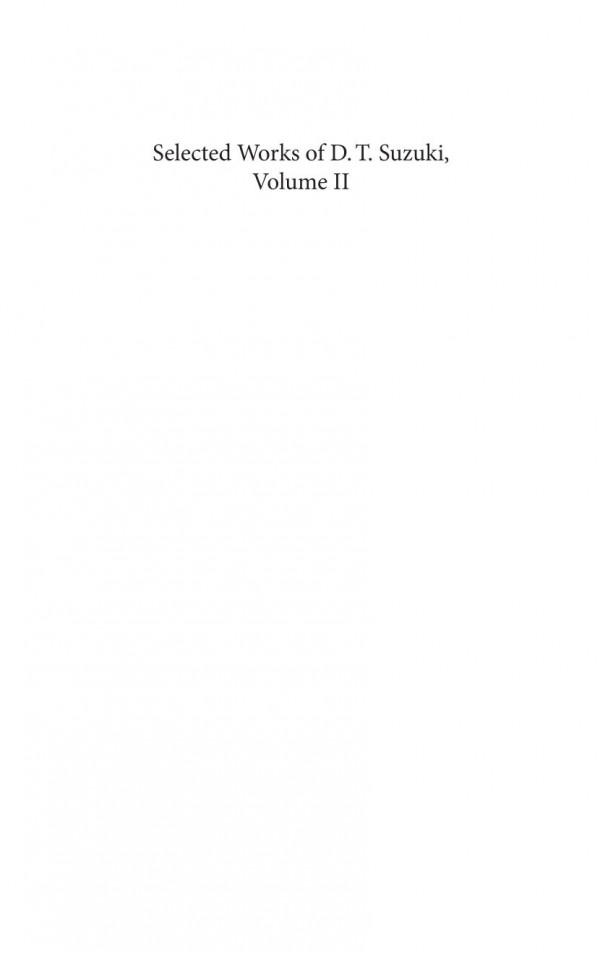

Most ebook files are in PDF format, so you can easily read them using various software such as Foxit Reader or directly on the Google Chrome browser.
Some ebook files are released by publishers in other formats such as .awz, .mobi, .epub, .fb2, etc. You may need to install specific software to read these formats on mobile/PC, such as Calibre.
Please read the tutorial at this link: https://ebookbell.com/faq
We offer FREE conversion to the popular formats you request; however, this may take some time. Therefore, right after payment, please email us, and we will try to provide the service as quickly as possible.
For some exceptional file formats or broken links (if any), please refrain from opening any disputes. Instead, email us first, and we will try to assist within a maximum of 6 hours.
EbookBell Team

4.0
6 reviewsDaisetsu Teitaro Suzuki was a key figure in the introduction of Buddhism to the non-Asian world. Many outside Japan encountered Buddhism for the first time through his writings and teaching, and for nearly a century his work and legacy have contributed to the ongoing religious and cultural interchange between Japan and the rest of the world, particularly the United States and Europe. This second volume of Selected Works of D. T. Suzuki brings together Suzuki’s writings on Pure Land Buddhism. At the center of the Pure Land tradition is the Buddha Amida and his miraculous realm known as paradise or "the land of bliss," where sentient beings should aspire to be born in their next life and where liberation and enlightenment are assured. Suzuki, by highlighting certain themes in Pure Land Buddhism and deemphasizing others, shifted its focus from a future, otherworldly goal to religious experience in the present, wherein one realizes the nonduality between the Buddha and oneself and between paradise and this world. An introduction by James C. Dobbins analyzes Suzuki’s cogent, distinctive, and thought-provoking interpretations, which helped stimulate new understandings of Pure Land Buddhism quite different from traditional doctrine.